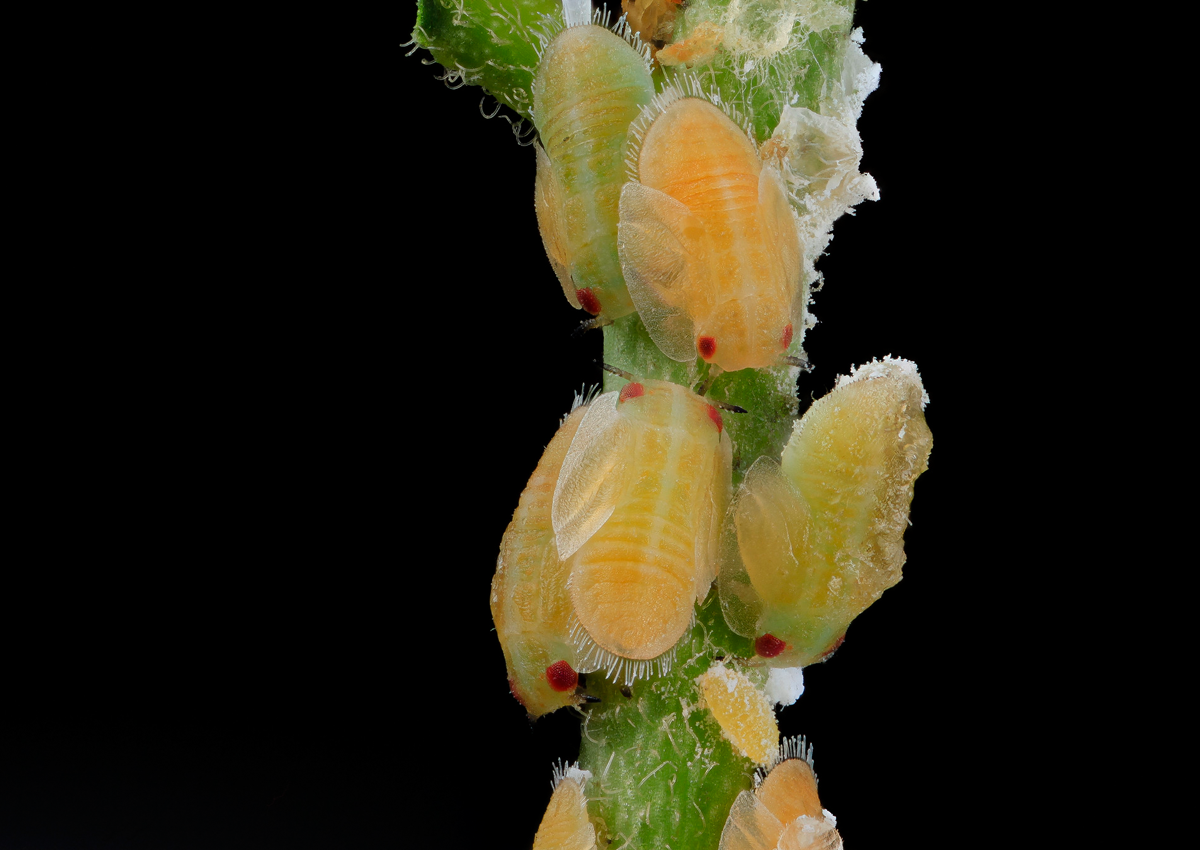
UCR Scientists Breeding HLB Tolerant Citrus
January 5, 2022| |
Citrus Greening Disease, also known as Huanglongbing (HLB), has crippled Florida's citrus industry and has already been detected in California, which grows 80% of America's fresh citrus.
The National Institute of Food and Agriculture is supporting scientists at the University of California, Riverside (UCR), the University of Florida, and the U.S. Department of Agriculture's Agricultural Research Service to develop plants with natural tolerance to HLB. UCR geneticist Danelle Seymour and plant pathologist Philippe Rolshausen will examine 350 citrus hybrids developed and grown by project collaborators in Florida. All trees in the set are already infected with HLB, yet they live longer, are healthier, and yield more fruit than their infected relatives.
Seymour said that as their data set is so large, they can identify plants with levels of tolerance that exceed current commercial varieties. In addition to searching for parts of the hearty hybrids' genomes responsible for their tolerance to HLB, the scientists will also be checking for plants that have resistance to other pathogens that are already in California such as nematodes and phytophthora.
For more details, read the article in UC Riverside News.
| |
You might also like:
- Researchers Find Peptide that Treats and Prevents Citrus Greening
- Gene Editing Provides Possible Solution to Citrus Greening Disease
- Researchers Make Breakthrough in Understanding Citrus Greening Bacteria
Biotech Updates is a weekly newsletter of ISAAA, a not-for-profit organization. It is distributed for free to over 22,000 subscribers worldwide to inform them about the key developments in biosciences, especially in biotechnology. Your support will help us in our mission to feed the world with knowledge. You can help by donating as little as $10.
-
See more articles:
-
News from Around the World
- Global Consortium of Scientists Develop Affordable Sequencing Method for Pathogen Analysis to Help Tackle Global Epidemics
- Experts: Allow Golden Rice to Save Lives
- UCR Scientists Breeding HLB Tolerant Citrus
- Political Will and Scientific Community Continue to Move Biotech Adoption in Bangladesh
- Australian OGTR Receives Application for GM Canola and Indian Mustard Field Trial
- GM Soybean and GM Maize Industrialization in China Shows Remarkable Results
- Göttingen University Research Team Develops Method to Complete Genetic Data
- High-Iron Wheat Awaits Approval for Field Trials in the UK
-
Research Highlights
- International Research Team's Genetic Discoveries to Improve Spinach Disease Resistance and Palatability
- Lychee's Genome Unveils Its Domestication History
-
Plant
- CRISPR-Cas9 Reveals Role of SlSRM1-like in Leaf Development
- CRISPR Continues to Drive Gene Editing Market Growth, Report
-
Read the latest: - Biotech Updates (January 28, 2026)
- Gene Editing Supplement (January 28, 2026)
- Gene Drive Supplement (February 22, 2023)
-
Subscribe to BU: - Share
- Tweet

